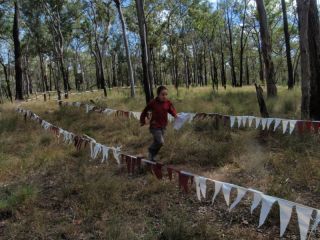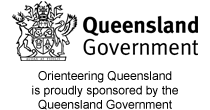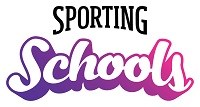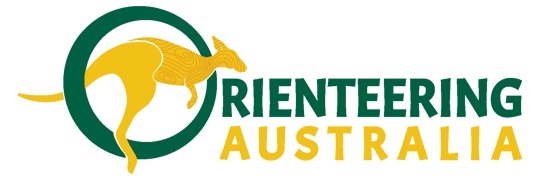
Isn't it too difficult for kids?
Every event has courses for different age groups and levels of experience. Just like sports such as soccer which start with small-sided games or AFL which has modified rules, orienteering starts with different courses for kids. Very young kids (less than 6 years of age) are often accompanied by their parents. At that stage, they may not even worry about the map but get their enjoyment from spotting the control markers and finishing the course.
For very young kids, it is important that it be considered a non-competitive event and that they are allowed plenty of time to investigate plants or watch the many birds and animals they might see whilst walking.
For kids from 7 to 10 years of age, almost all their events remain either on-track or on routes marked by streamers. Some map reading may be required and oftentimes they will find it more enjoyable to do it in groups with their friends. It is not until the age of 11 or over that some basic map reading and limited off-track walking or running is involved (depending upon how competitive they wish to be).
From the age of 12 onwards the first real complexity occurs. Skills such as basic compass work and learning features other than tracks and fences begins; new examples might be watercourses or hills. Towards the age of 14 school competitions up to national level commence and running speeds become increasingly faster. Beyond that the world is their oyster with annual international competitions such as JWOC.
Is it a good sport for kids?
All kids seem to enjoy the outdoors and an early introduction seems to establish this love for life. But the definite theme that is common amongst kids who orienteer is the incredible confidence it gives them. Later in life, faced with challenges, they thrive on their ability to solve and overcome, just as they have done before when in the bush. To be alone in the bush and self-reliant to find a route is a life-skill that translates to many other areas.
What about the parents?
This is where it starts to get tricky. If the parents don't like to orienteer, then it can become a long day out for the family. Most clubs encourage all family members to participate and there are many non-competitive classes for those who simply like to "walk the course".
Is Mountain Bike orienteering suitable for kids?
This varies from event to event but most likely kids below 12 are best accompanied by an adult. Reading a map whilst riding can be tricky for kids and the ride alone is oftentimes challenge and enjoyment enough.
How about the travel?
There are many types of events. The majority of events are close to the city and may be short sprints or parks. These are particularly suitable for kids and families as there may be playgrounds close to the assembly area. Some bush events, especially major ones can be over an hour or two's drive away and this is probably not suitable unless the family is very keen.
What equipment is required?
Nothing other than to bring good footwear! If you rock up at an event, the clubs will have either free use or hire all the equipment you might need such as compasses. If you become hooked, there are specialist providers refer to the Gear page for further information.
Who do I contact if interested in attending an event?
If wanting to know more email oq@oq.asn.au. A list of all events is on our events page. If you're in the Brisbane area, look out especially for BCC-sponsored events which are often free or minimal entry fees or CATI events which stand for "Come and Try It".






